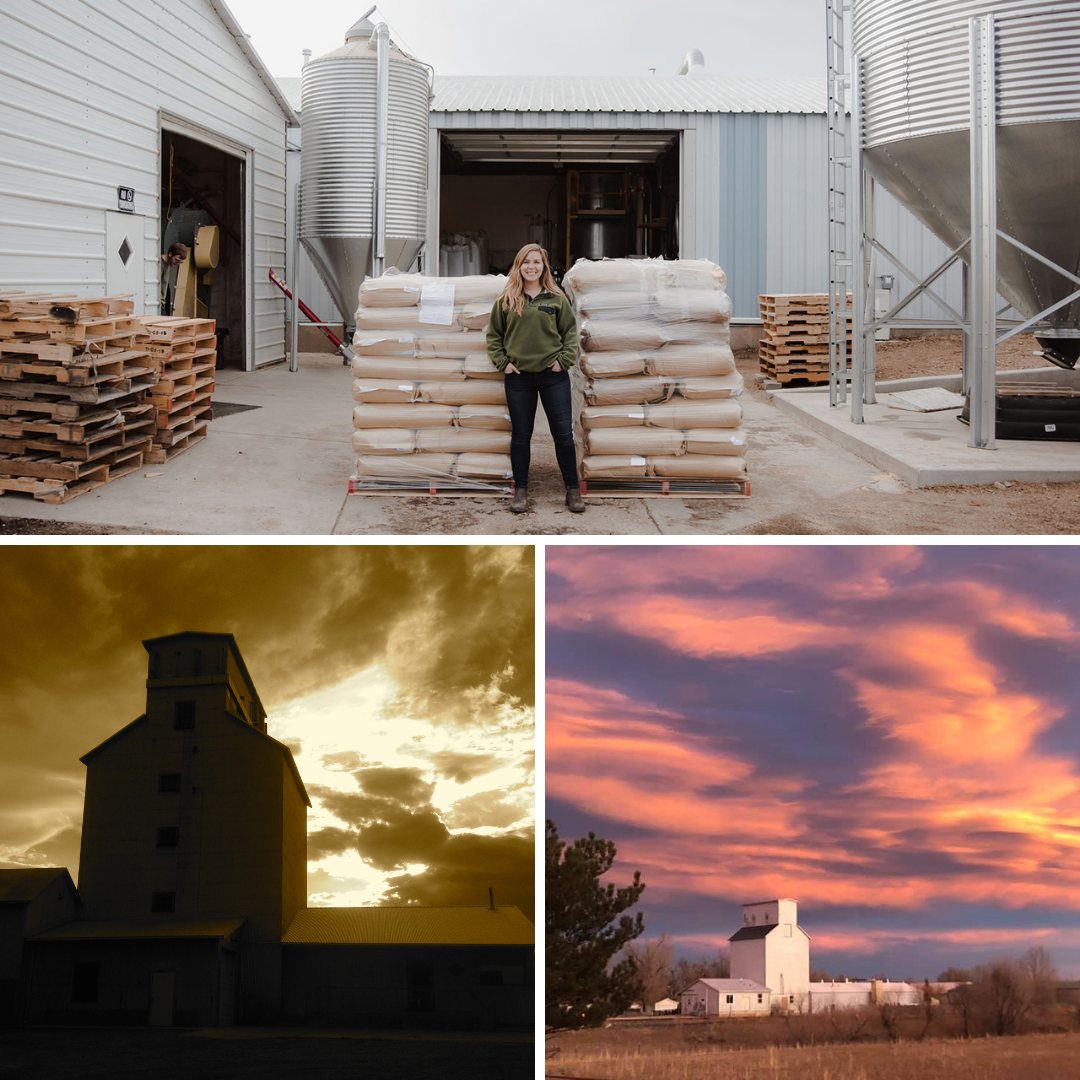 You may have seen some of the recent articles on the discussion between Colorado agriculture officials and brewers and the use of millet in their brews. Millet is a cereal grain and “Colorado is the country’s top millet producer, accounting for about 60 percent of U.S. production last year,” reported by By CATHERINE TSAI Associated Press.
You may have seen some of the recent articles on the discussion between Colorado agriculture officials and brewers and the use of millet in their brews. Millet is a cereal grain and “Colorado is the country’s top millet producer, accounting for about 60 percent of U.S. production last year,” reported by By CATHERINE TSAI Associated Press.
Our own New Planet Beer Co-Founder and CEO, Pedro Gonzalez was interviewed on New Planet Beer’s thoughts on using the gluten-free grain – millet. Read the article below, which was posted on Forbes.com and Denverpost.com.
DENVER—Colorado agriculture officials are turning to brewers to see if they can help boost the state’s sales of millet, a cereal grain that so far is a sliver of the nation’s food industry. Colorado is the country’s top millet producer, accounting for about 60 percent of U.S. production last year.
It’s a $50 million crop for the U.S., while wheat is worth several billion dollars each year, according to the U.S. Department of Agriculture. Still, it represents an area where rural Colorado businesses can grow, said Timothy Larsen, senior international marketing specialist for the state agriculture department.
“What agriculture has to do is find a bunch of niche opportunities to expand,” Larsen said.
Millet is often used as birdseed, but Colorado agriculture officials have been promoting its gluten-free qualities and working with Colorado State University to develop recipes for it.
They’ve also asked Colorado Malting Co. in Alamosa to ship malted samples to Colorado-based brewers to experiment in making millet beers.
“We hope to create a new sector,” Larsen said.
Colorado Malting Co. is preparing about 6,000 pounds of millet from the Fort Morgan area—2,000 pounds each of three varieties—for commercial brewers this spring. The company recently finished malting golden German millet.
“I was impressed with the nutty flavors we got out of it,” said Colorado Malting Co. co-owner Jason Cody.
However, brewers may have to add enzymes to the millet, and the millet also is taking longer to dry than barley, Cody said.
Pedro Gonzalez, co-founder of gluten-free beer company New Planet Beer, said he’s eager to see if the brewers his company works with can find a recipe that appeals to customers the way some millet-based imports do. New Planet’s existing beers primarily use sorghum, corn and brown rice.
“The palate is used to the malted barley. It’s a very unique taste,” Gonzalez said. “The gluten, the proteins in beer, make it thick and full of body and tasty. So when you choose not to have barley or wheat in your beer, then you lose those qualities.”
New Planet Beers use ingredients such as raspberry puree and molasses to add flavor. If New Planet Beer can use Colorado-grown millet, it could help the company meet its mission of being environmentally responsible by using ingredients that don’t have to be shipped far, Gonzalez said.
Scott Kimball in Buena Vista, Eddyline Restaurant and Brewing Co. head brewer, is among those signed up to experiment with malted millet. He isn’t guaranteeing his customers a millet beer until he can see how it tastes.
Pagosa Brewing Co. in Pagosa Springs also plans to play with millet. “It’s an opportunity where if we have a gluten-free beer that actually tastes good, let’s try it,” said head brewer Tony Simmons, who has home brewed with millet before. “I’m a big fan,” he said.
The state agriculture department is using a $42,000 USDA grant to help Colorado’s millet industry market itself, domestically and overseas.
Millet grows on about 200,000 acres in Colorado and can be rotated with wheat, which grows on about 2 million acres, Larsen said.
“If the market demand is there, we can certainly produce more,” he said.



